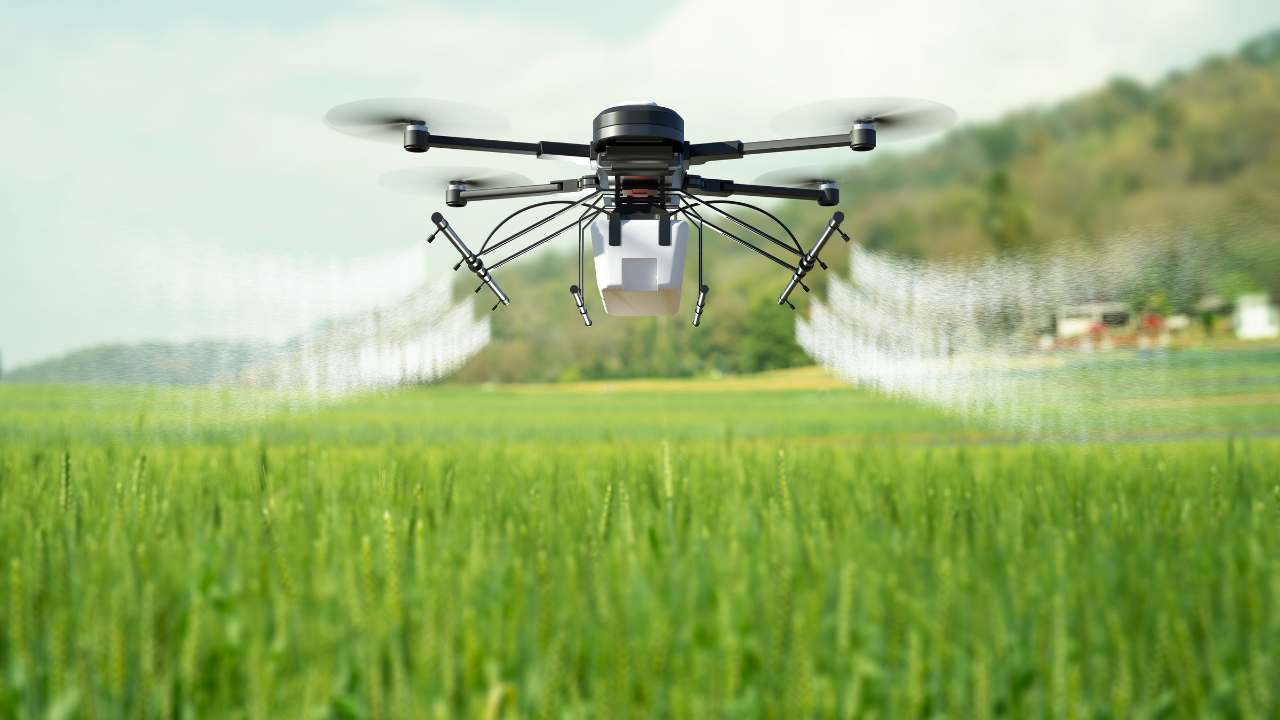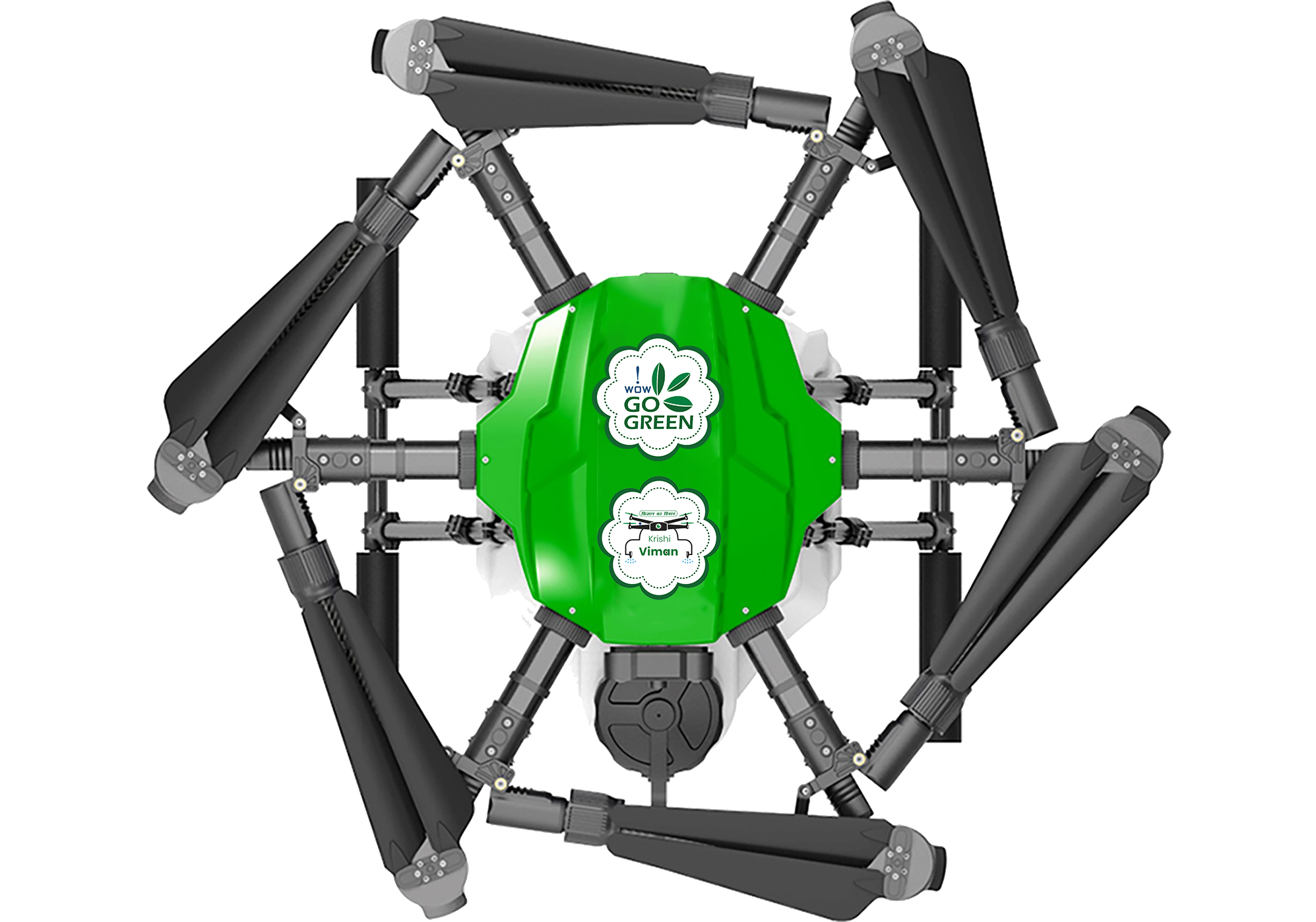What is the future of drones in Indian agriculture?
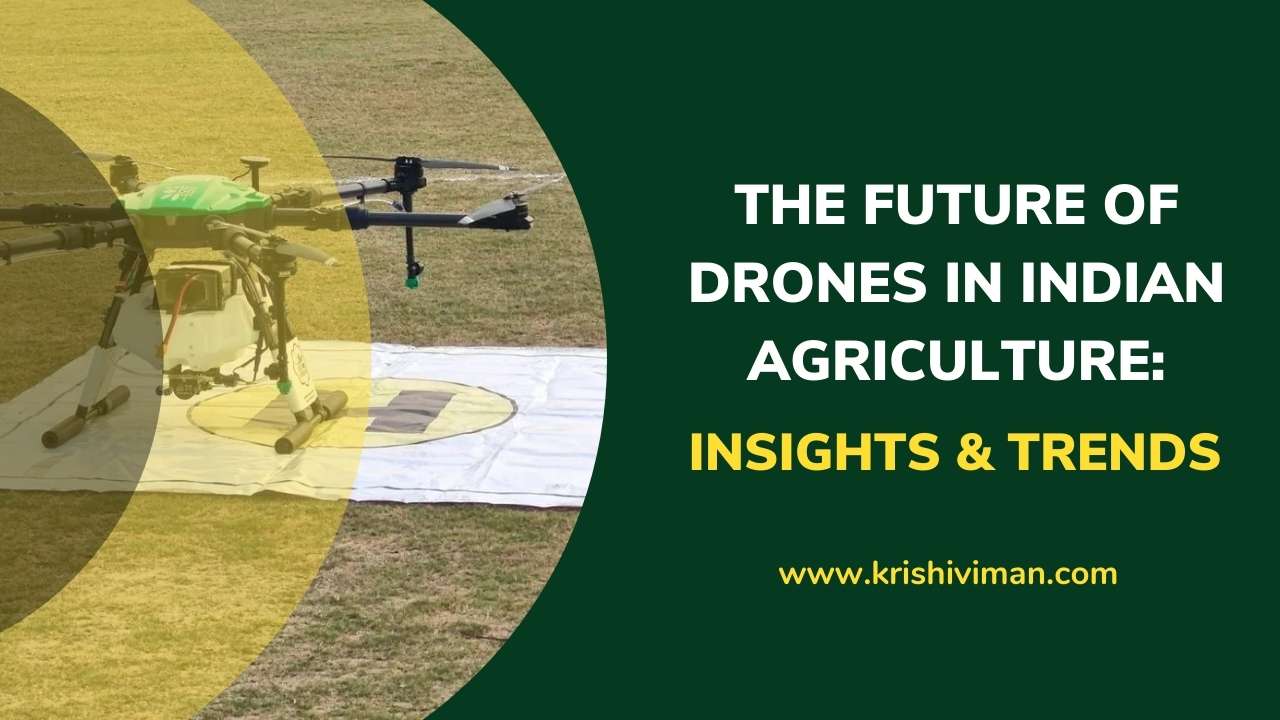
- By: krishiviman /
- 14-02-2024
In recent years, farming in India has seen big changes thanks to new technology. One of the most exciting advancements is drones. These flying machines have the potential to completely change how farming works across the country. As people learn more about drones, their role in Indian farming is going to get even bigger. And the best part Drones don't just make things easier—they also help farmers make more money and grow more crops.
So, what makes drones so great for farming? Well, they can do a lot of different jobs that used to be really hard or take a lot of time. For example, drones can spray chemicals on crops, manage irrigation, check on crop health, find pests, and even make sure that all parts of the field get the right amount of fertilizer. They're like a Swiss Army knife for farmers!
One of the coolest things about drones is how precise they are. Unlike older methods that might miss spots or waste chemicals, drones can spray exactly the right amount of stuff right where it's needed. This not only saves money but also helps the environment by reducing waste and pollution. Plus, it's better for the crops since they get exactly what they need to grow strong and healthy.
Drones also come with fancy sensors and cameras that can spot problems early on. They can see if a crop is lacking nutrients, if there's a disease spreading, or if pests are munching away. Catching these issues early means farmers can fix them before they become big problems. That means fewer crop losses and more food on the table.
Another great thing about drones is how they can reach places that are hard for people to get to. In India, lots of farmland is in remote areas that are tough to reach. Drones can fly over these areas easily, making it much simpler for farmers to keep an eye on things and take care of their crops.
Using drones isn't just good for farmers—it's good for everyone. By making farming easier and more efficient, drones can help farmers save time and money. That means they can focus on other things, like growing their business or learning new skills. And when farmers do well, it's good for the whole community. It creates jobs, boosts the economy, and helps lift people out of poverty.
Overall, the future of farming in India looks bright with drones leading the way. As more people learn about drones and what they can do, the sky's the limit. With drones by their side, farmers can look forward to bigger profits, better crops, and a brighter future for Indian agriculture.
Q1: How are drones expected to revolutionize Indian agriculture in the coming years?
Answer: Drones are poised to significantly revolutionize Indian agriculture by enhancing precision farming practices. They offer capabilities for detailed crop monitoring, precise pesticide and fertilizer application, and efficient water use. The future sees drones becoming integral in managing crop health through regular monitoring, identifying pest outbreaks early, and reducing the environmental impact of farming by minimizing chemical use. With advancements in drone technology, farmers can expect improved crop yields, reduced labor costs, and a more sustainable farming approach, tailoring interventions to the specific needs of each crop and even each plant.
Q2: What are the potential regulatory changes for drone use in Indian agriculture?
Answer: The Indian government recognizes the potential of drones in agriculture and is progressively working towards creating a supportive regulatory environment. Future regulations are expected to focus on ensuring safety, privacy, and security while enabling innovation and adoption. This may include streamlined processes for drone registration, certification standards for operators, specific guidelines for agricultural drone flights, and policies to support data sharing while protecting farmer privacy. The aim is to foster an ecosystem where drones can be used efficiently and responsibly in agriculture.
Q3: What kind of technological advancements can we expect in agricultural drones?
Answer: Technological advancements in agricultural drones are expected to focus on increased autonomy, improved data analytics, and enhanced payload capacities. Future drones may feature advanced AI algorithms for better crop and pest recognition, autonomous decision-making capabilities for real-time interventions, and multi-spectral imaging technology for in-depth crop health analysis. Battery life and drone endurance are also likely to improve, allowing for longer flight times and larger area coverage. These advancements will make drones more accessible, effective, and valuable tools for farmers across India.
Q4: How will drones influence the sustainability of Indian agriculture?
Answer: Drones are set to play a crucial role in advancing the sustainability of Indian agriculture. By enabling precision agriculture, drones help in optimizing water usage, reducing the need for chemical fertilizers and pesticides, and minimizing soil compaction. Their ability to collect and analyze data on crop health and soil conditions supports informed decision-making, leading to more efficient resource use and less environmental impact. Additionally, drones can contribute to monitoring and combating the effects of climate change on agriculture, ensuring resilience and sustainability in farming practices.
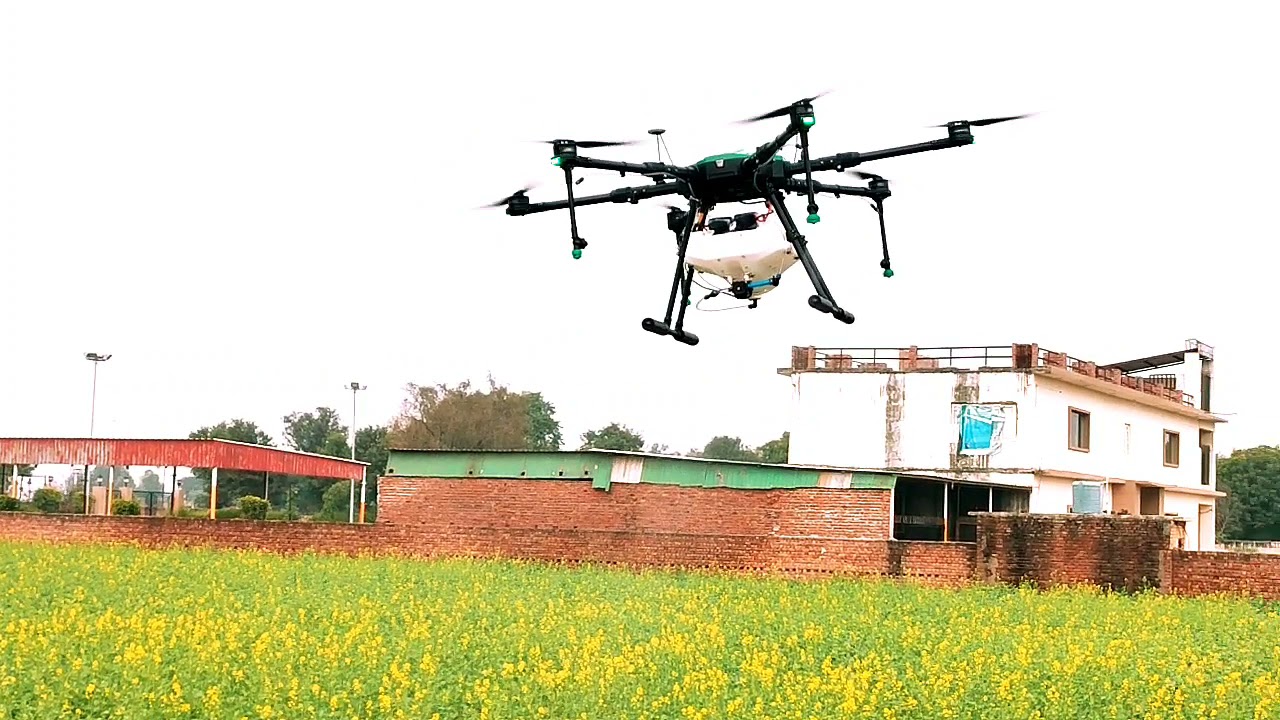
Revolutionizing Indian Agriculture: The Emergence of Drone Technology in Farming Practices
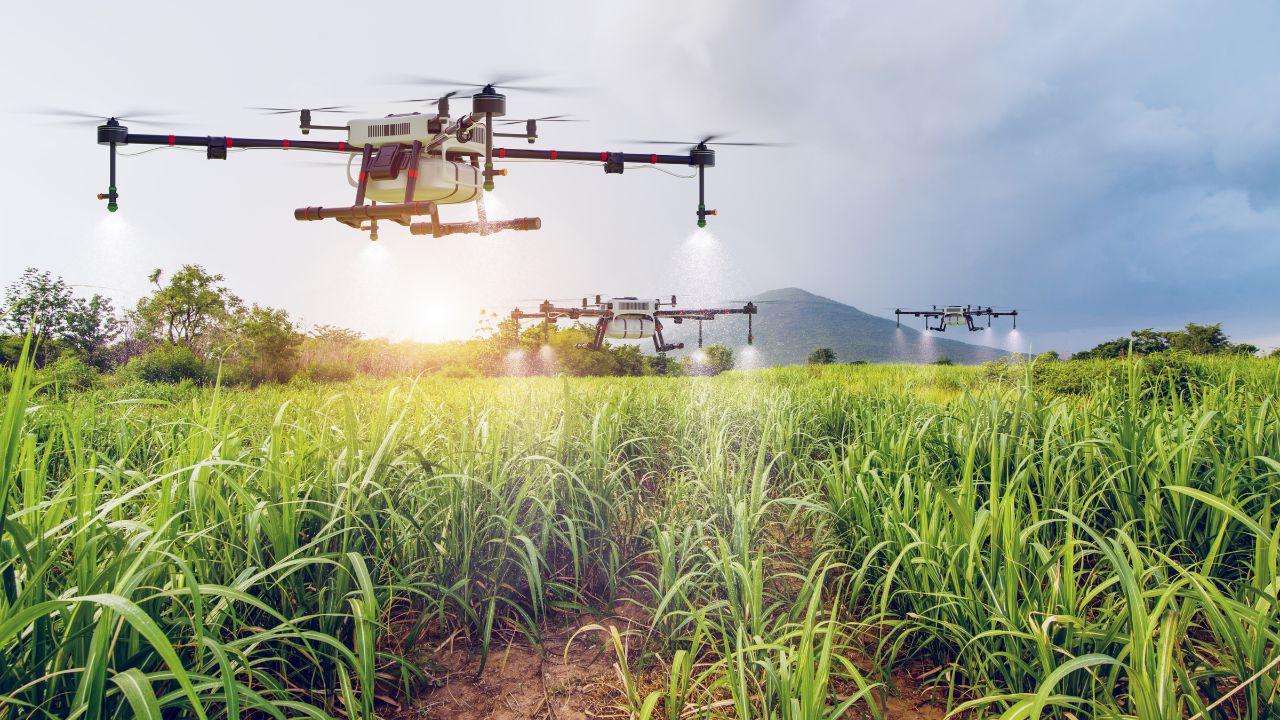
Importance of Drone Technology in Indian Agriculture and Farming Introduction
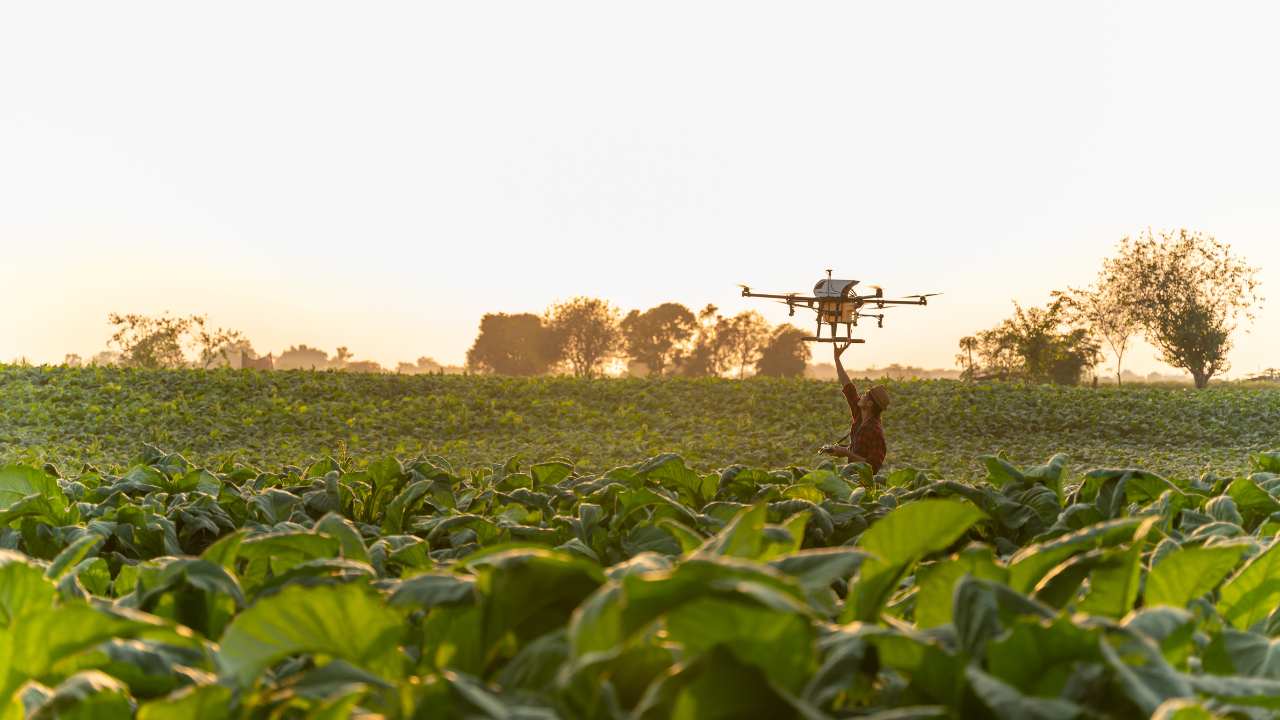
Revolutionizing Indian Agriculture: Krishiviman's Pioneering Drone Technology
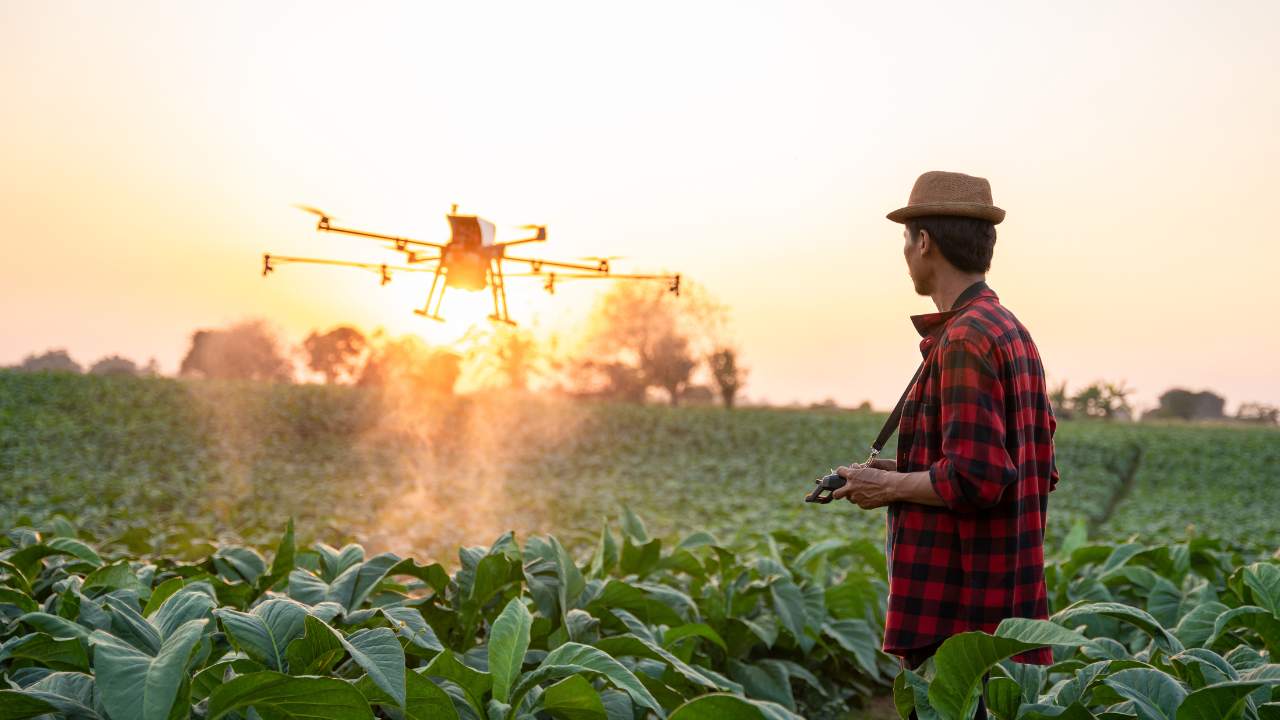
Transforming Farming: How Agricultural Drones are Solving Key Challenges in Agriculture
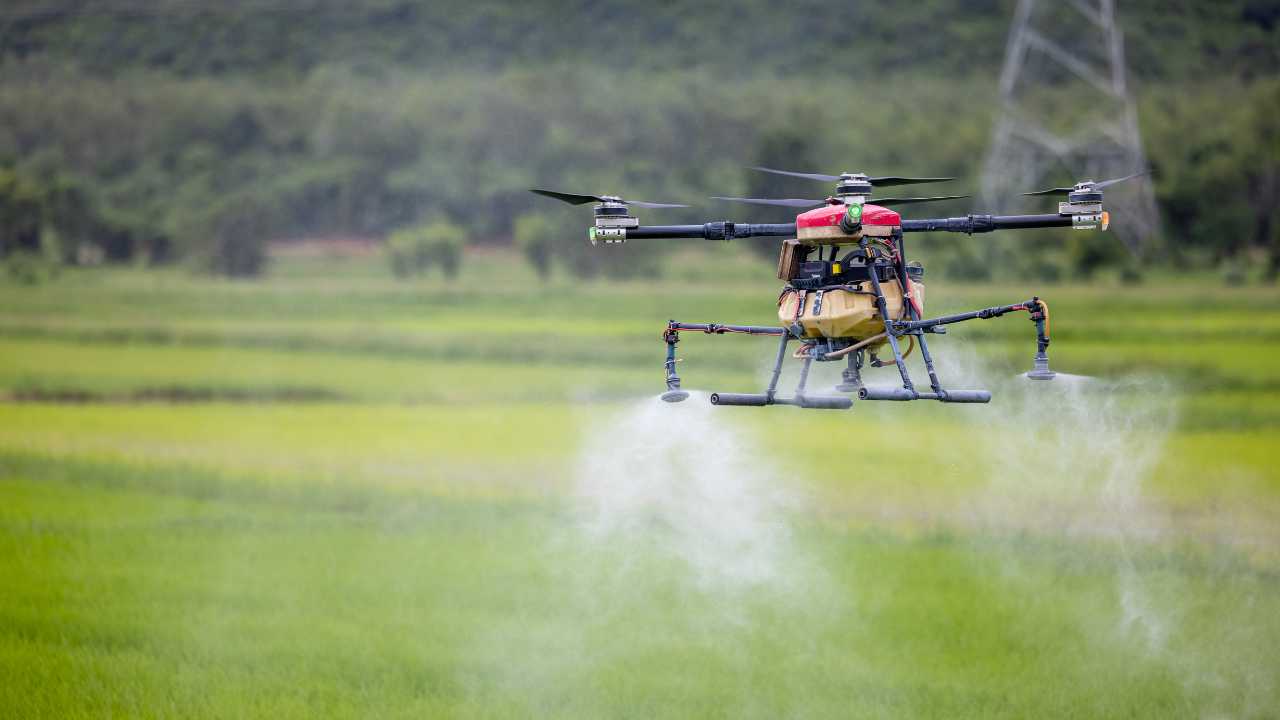
Innovative Uses for Drones in Agriculture
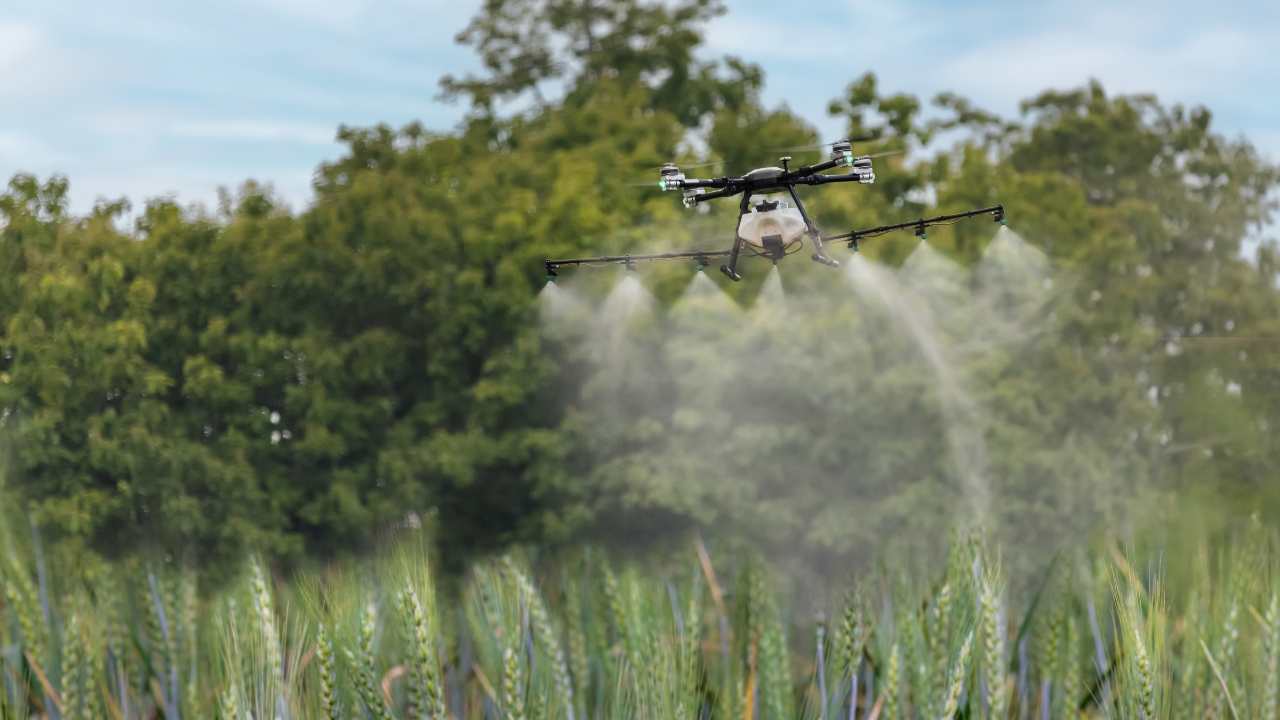
Applications of Drones in Precision Agriculture
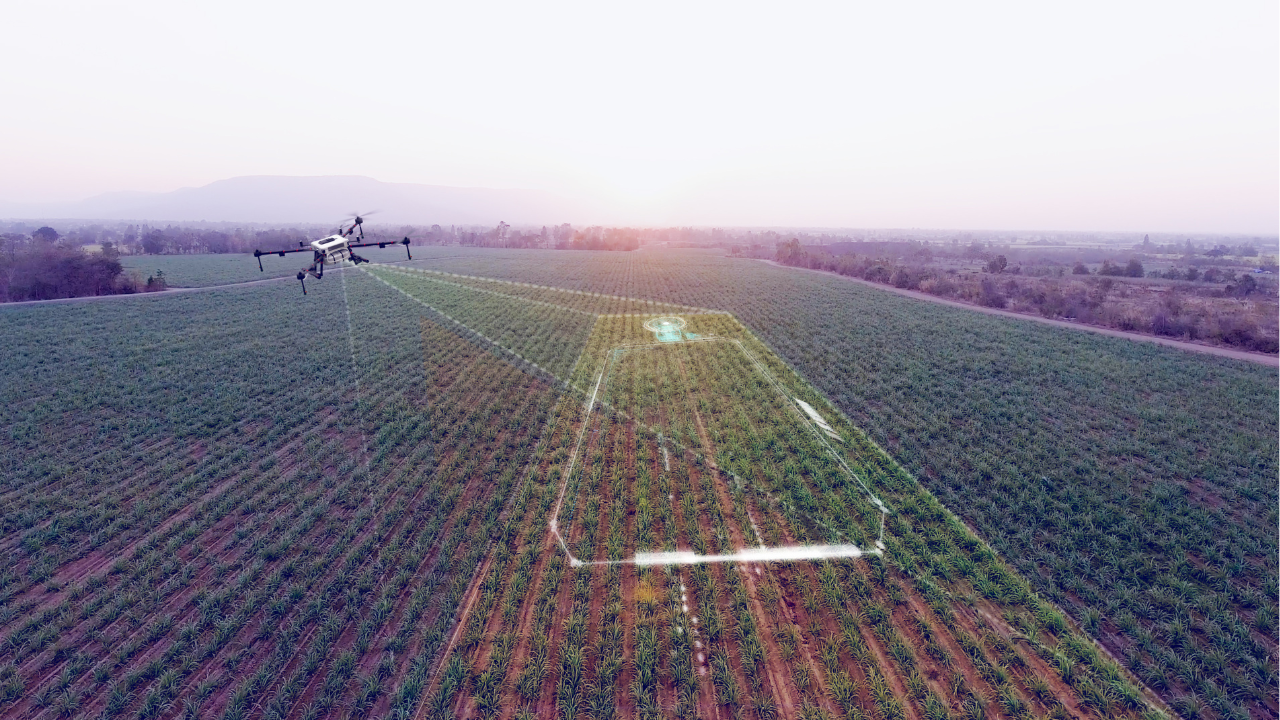
The Transformative Impact of Drones in Indian Agriculture Introduction
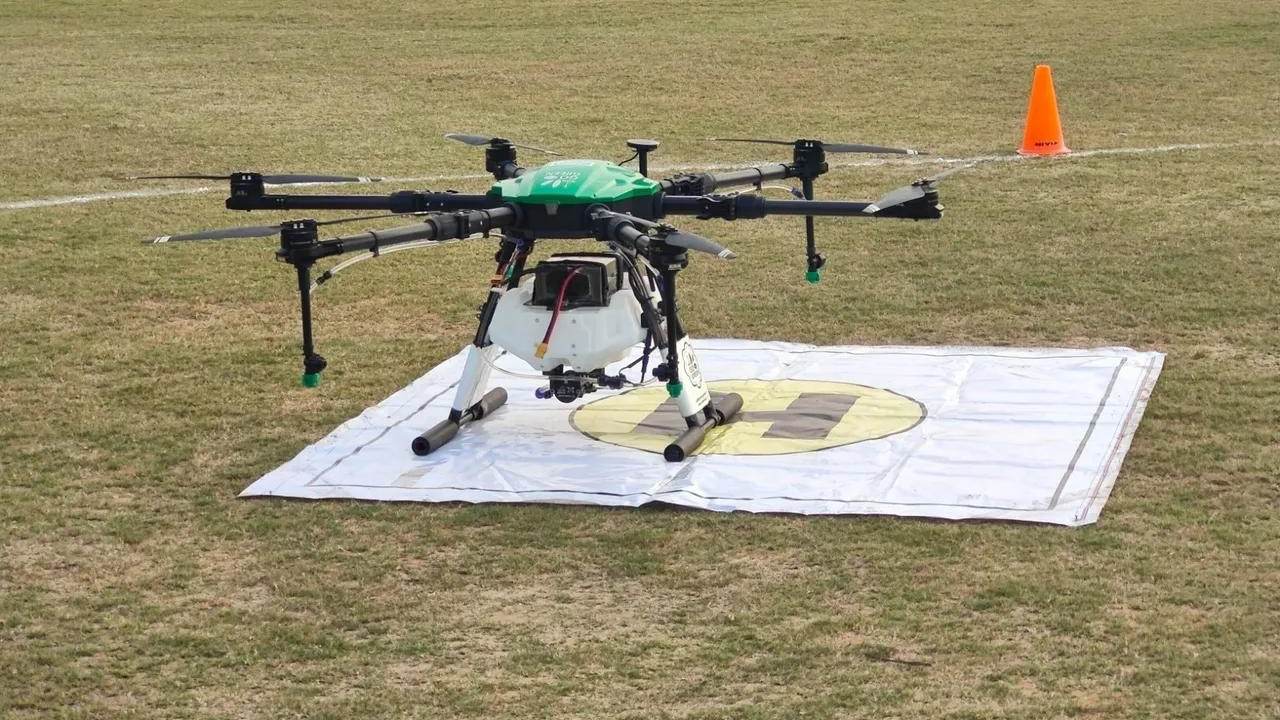
The Revolution of Agriculture Drone Spraying in India: Profitability, Efficiency, and Investment
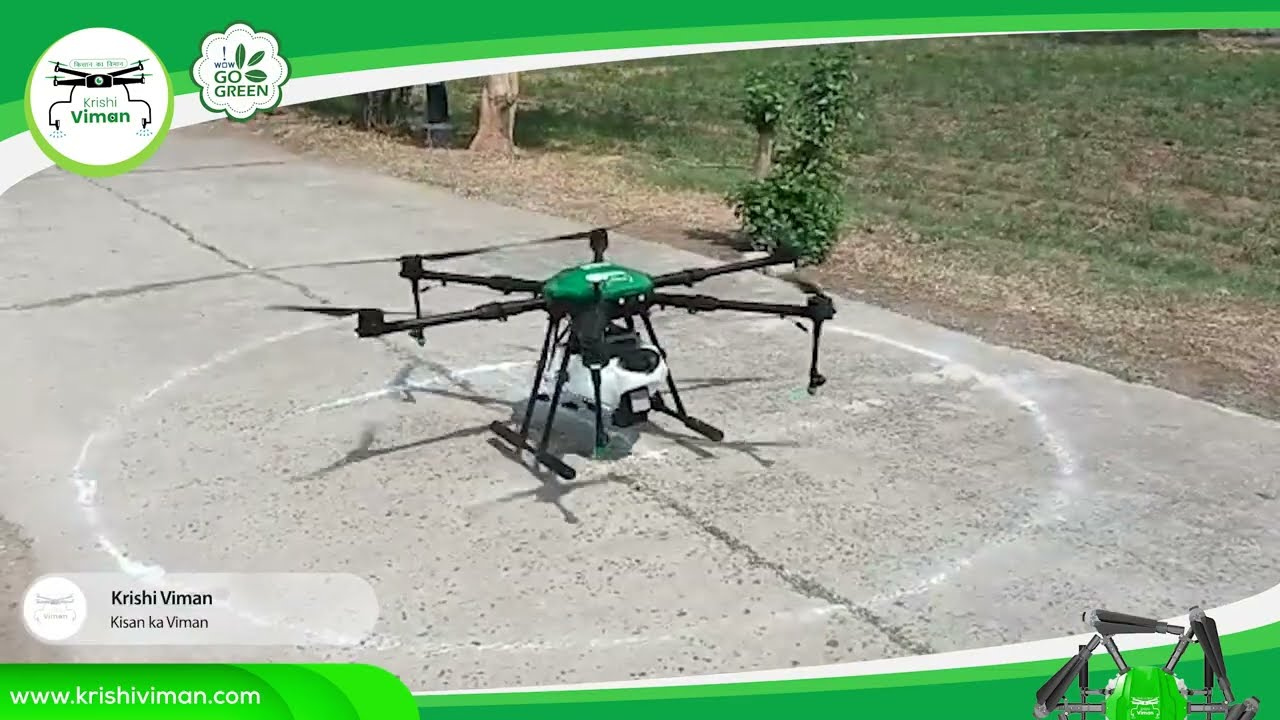
Exploring Cost-Effective Drone Solutions for Indian Agriculture: A Review of Krishiviman.com Offerings
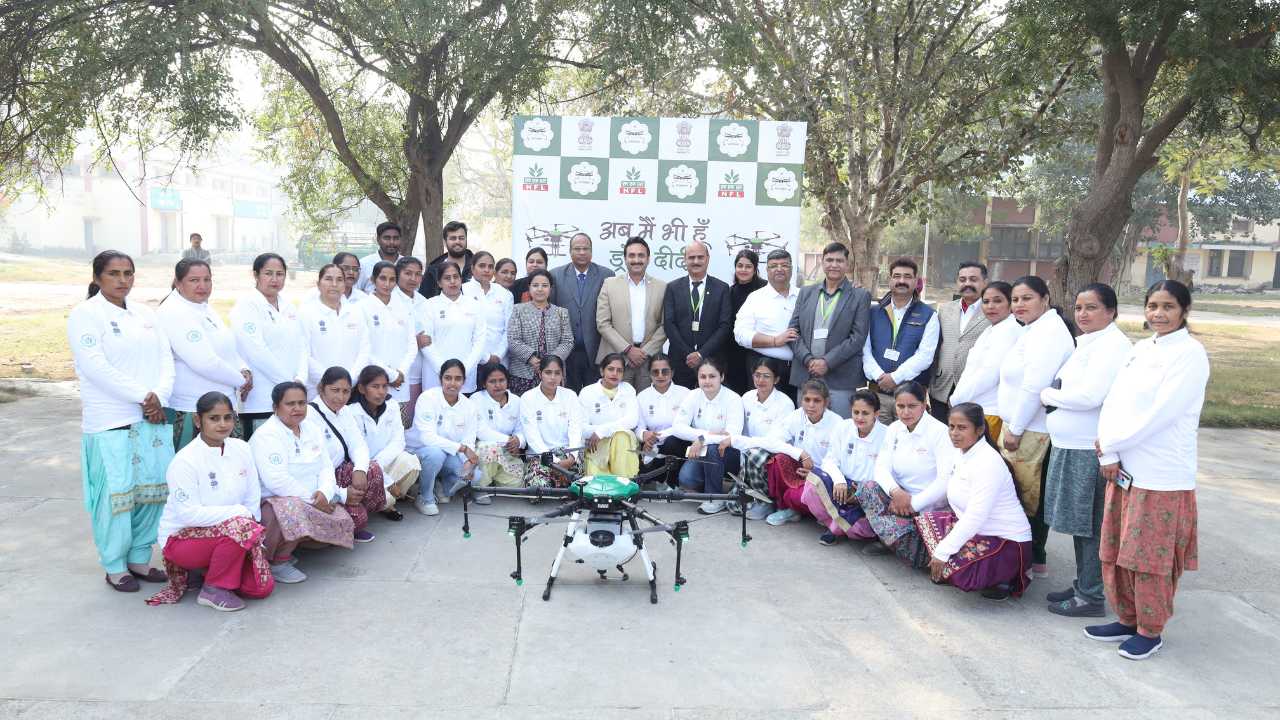
Unleashing Potential: RPTO Drone Training in Indian Agriculture
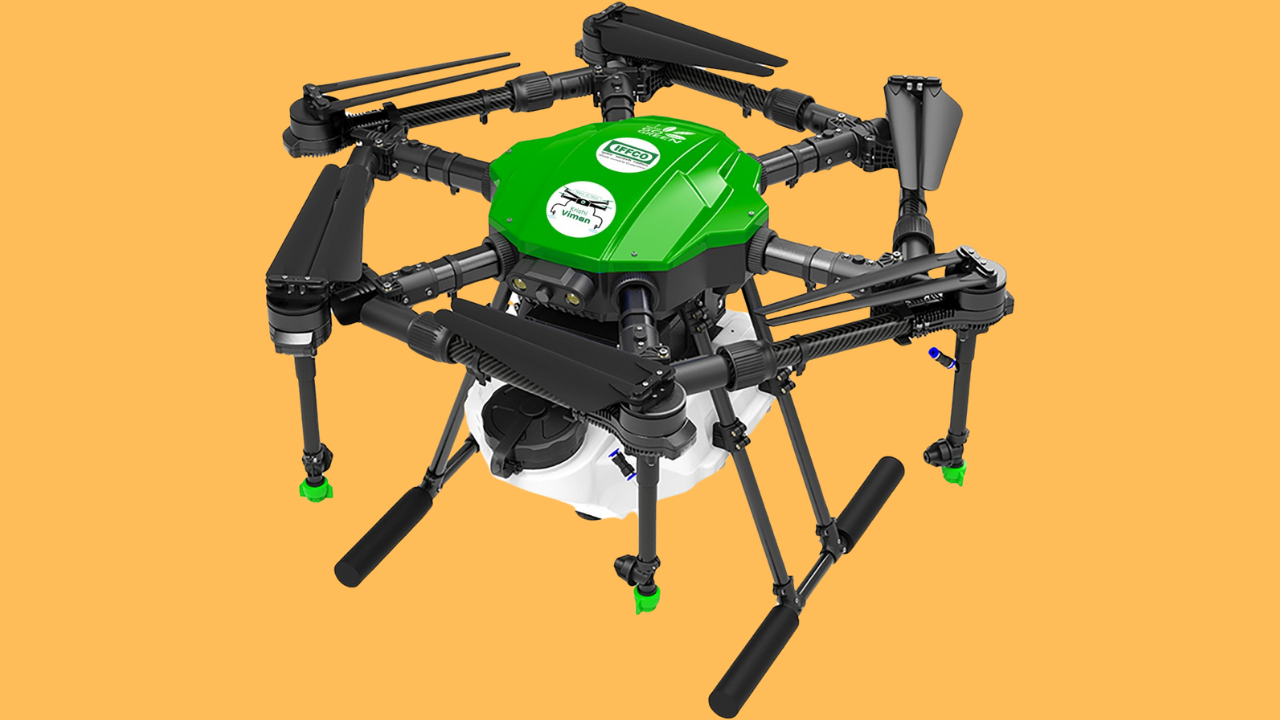
How to Use and Maintain the Agricultural Spraying Drone Battery
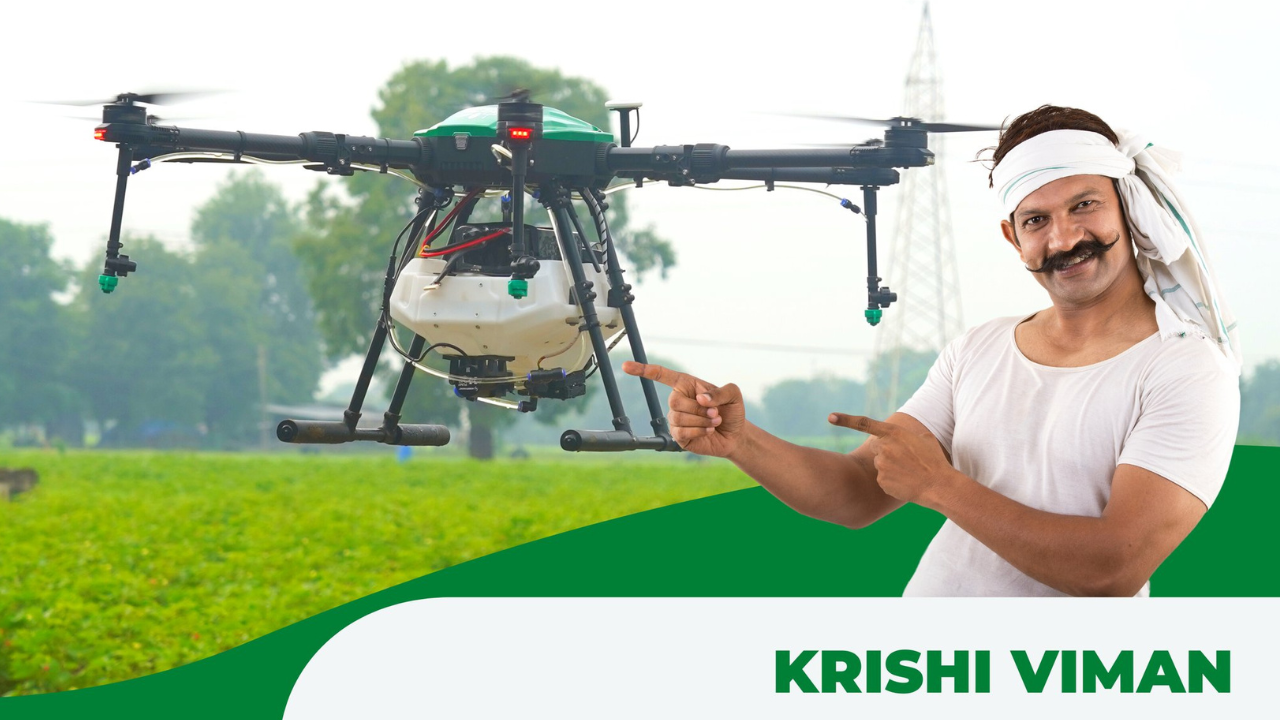
Cost-Benefit Analysis: Is Investing in Agricultural Drones Worth it for Indian Farmers?
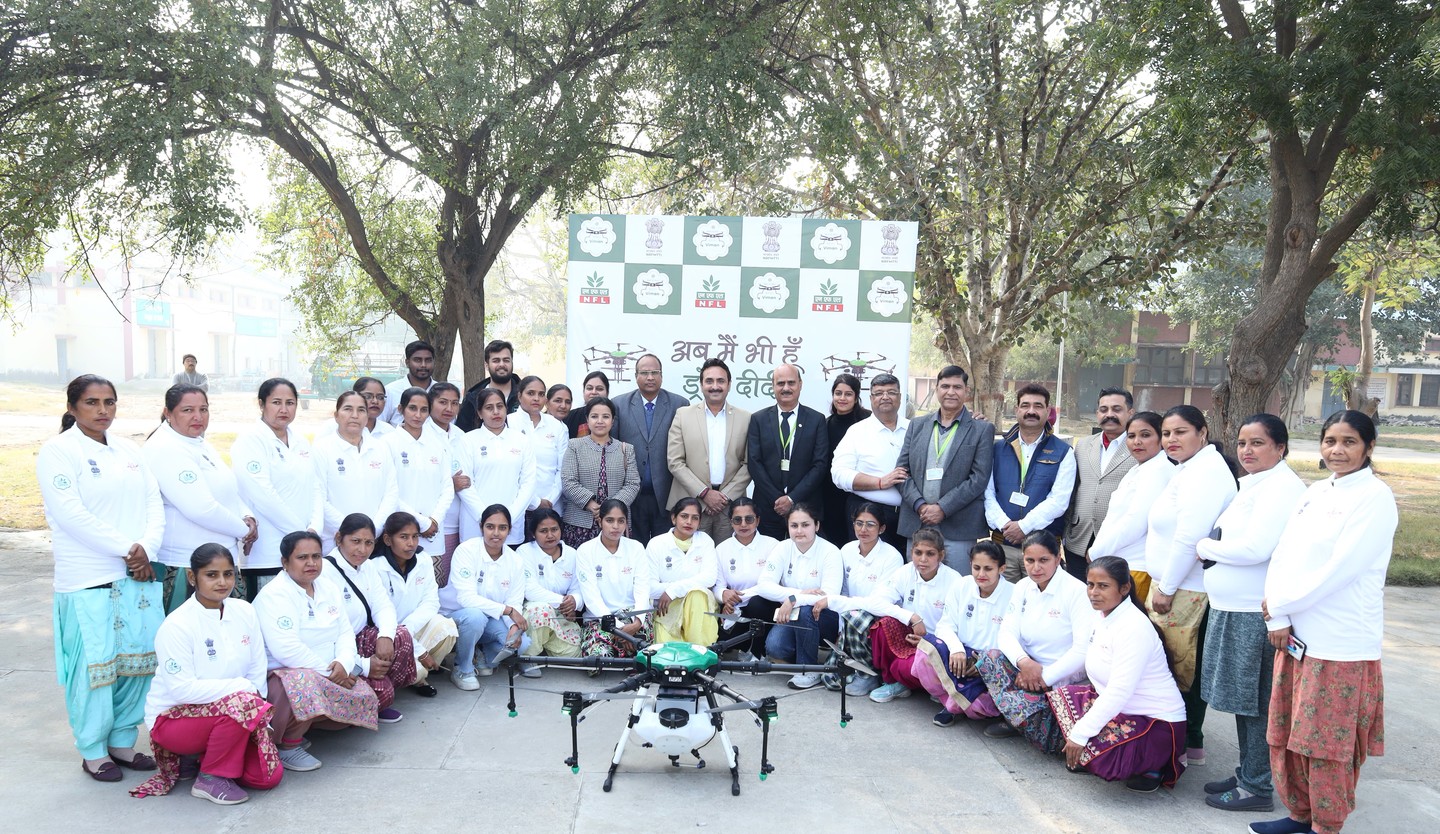
Krishi Viman: Pioneering Women's Empowerment in the Agricultural Drone Segment
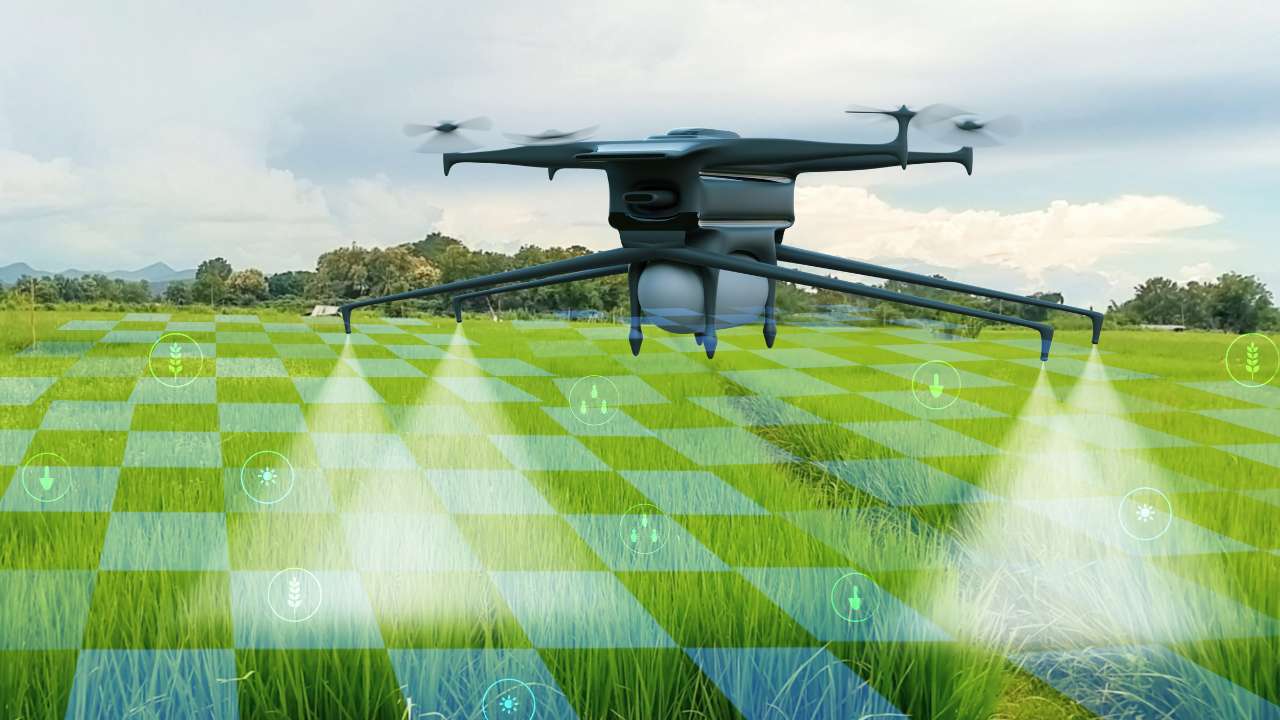
How Krishi Viman are Transforming Indian Agriculture
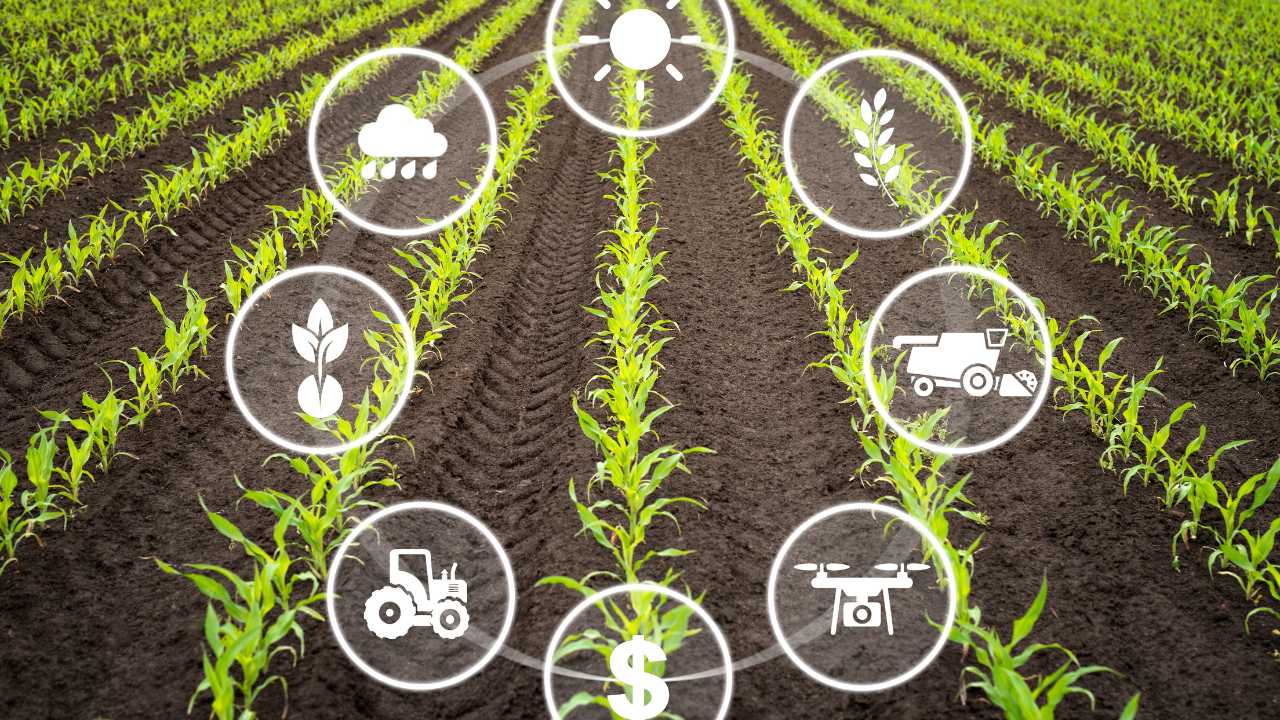
The Future of Flight: What's Next for Agricultural Drones in India?
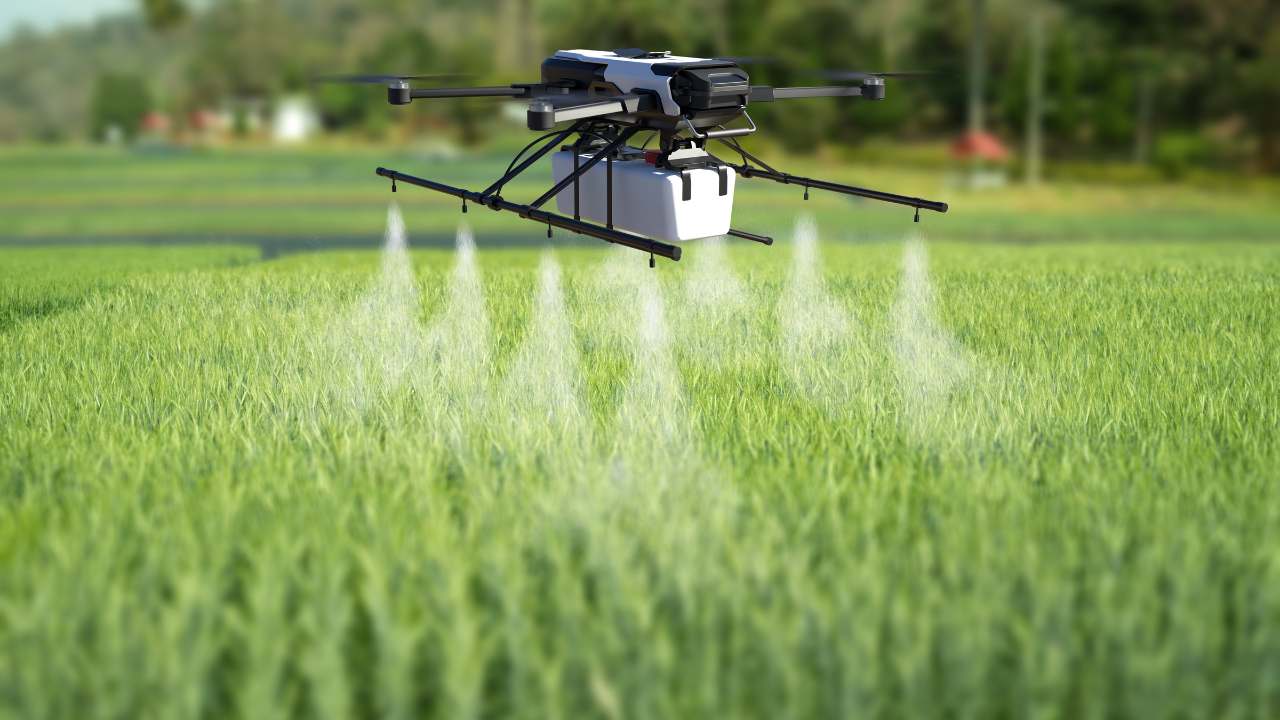
The Potential of Agricultural Drones to Improve Crop Yields and Farmer Livelihoods in India
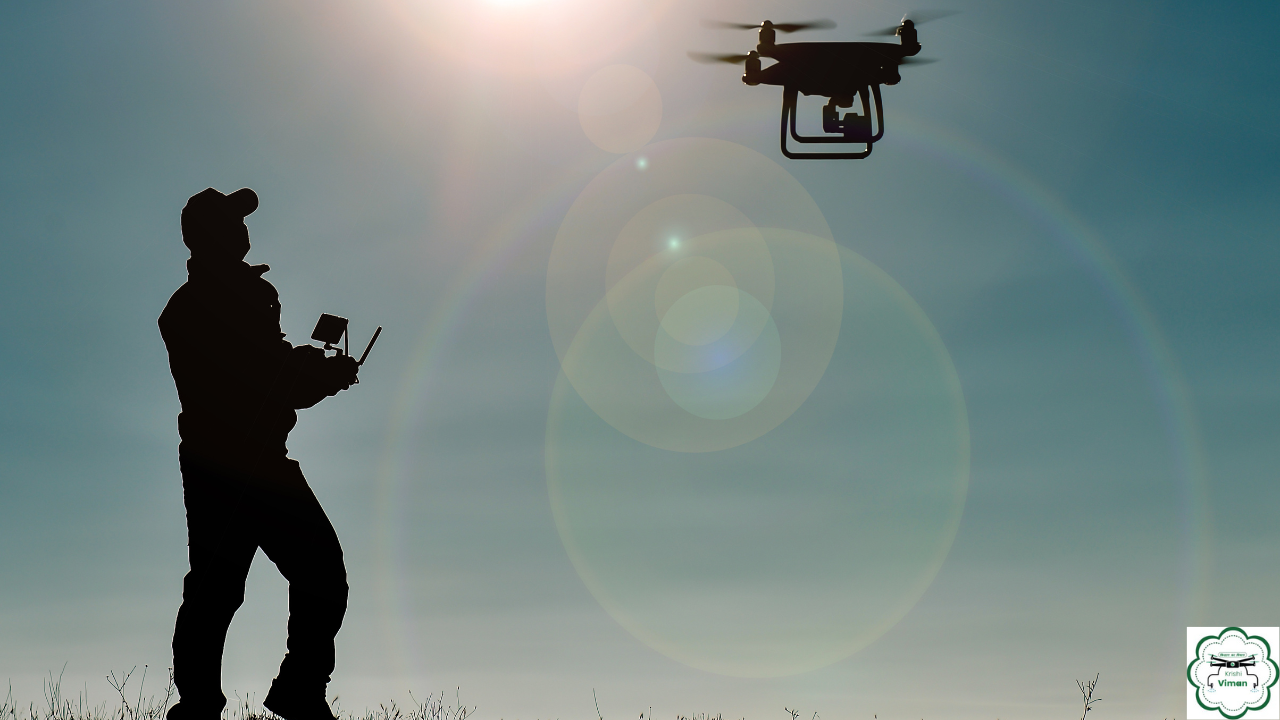
Revolutionizing Farming Practices: The Rise of Agricultural Krishi Viman for Spray Purpose
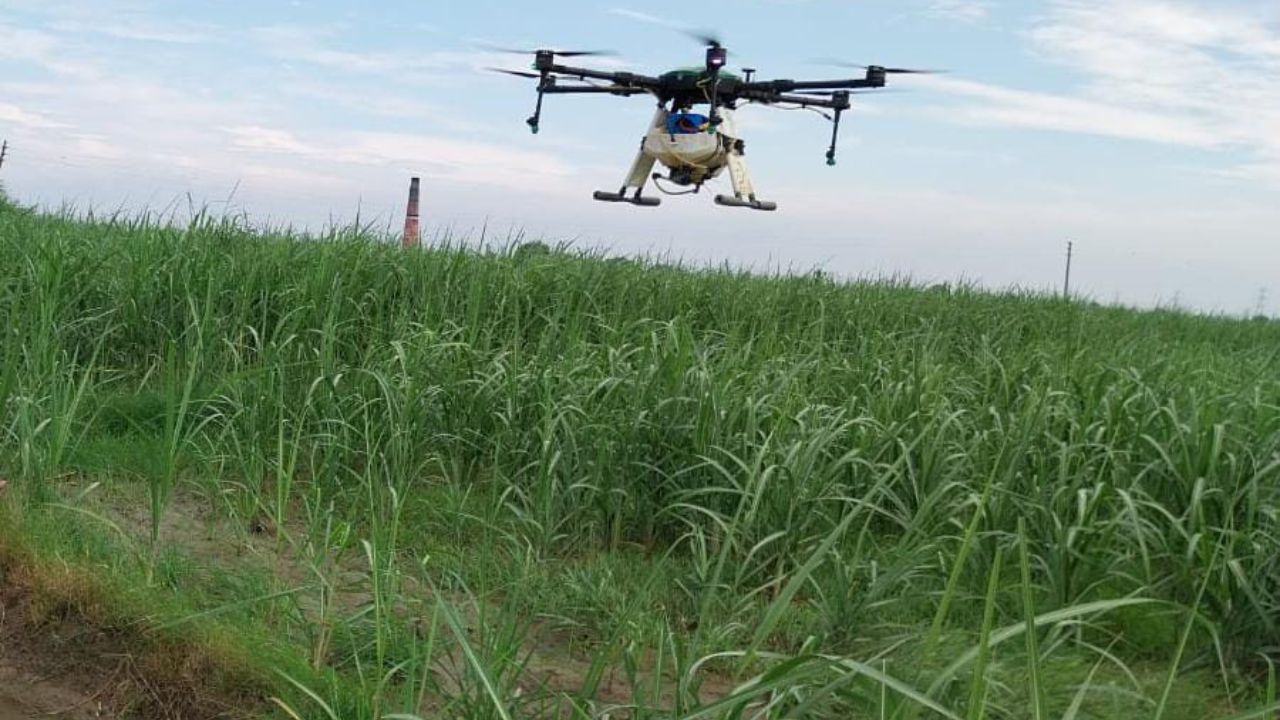
Enhancing Farming Efficiency: Mapping and Surveillance with Agricultural Spraying Drones
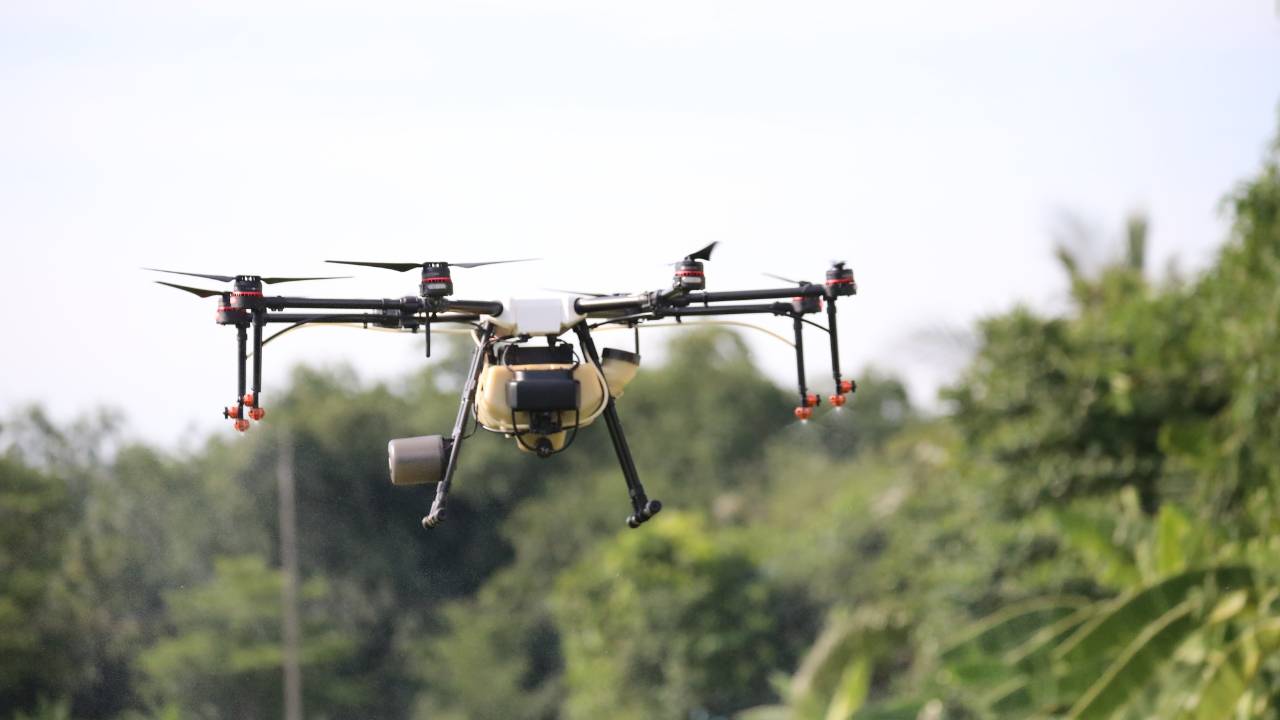
Addressing the Real Concerns of Drone Use in Indian Agriculture
